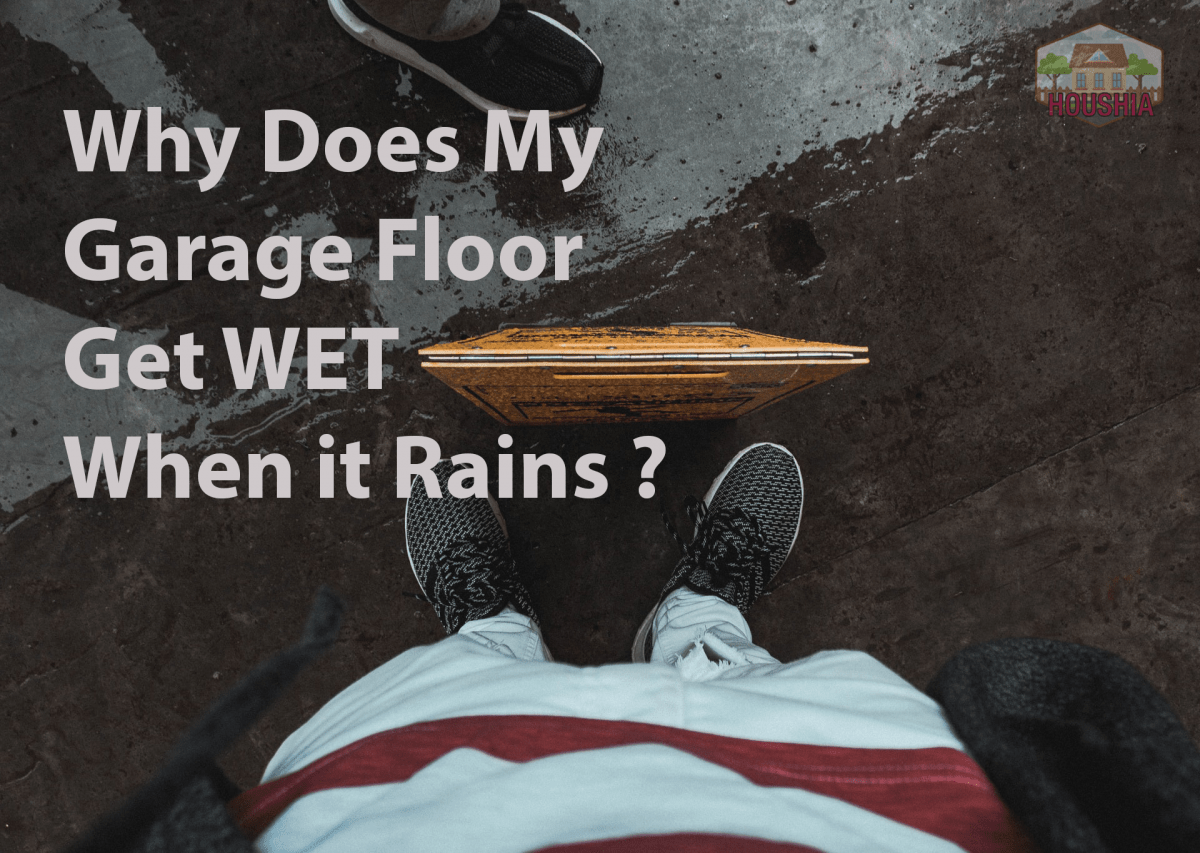Before you can find a solution to your wet garage floor, you first need to understand what causes the problem.
A wet garage floor isn’t only an inconvenience but a probable hazard. A damp floor means you cannot use a floor covering as this can breed germs and accelerate the growth of termites. Excessive moisture also makes the floor slippery and hence dangerous to walk on.
But what exactly makes your garage floor wet when it rains? To answer this question, it’s important to know when and how often your garage floor gets wet. Again, this is not a question of whether your roof is leaking or not, anyway, you should make sure there are no leaks in your roof before scrolling down.
Now that the problem isn’t in your roof; here are the possible sources of the problem.
Condensation
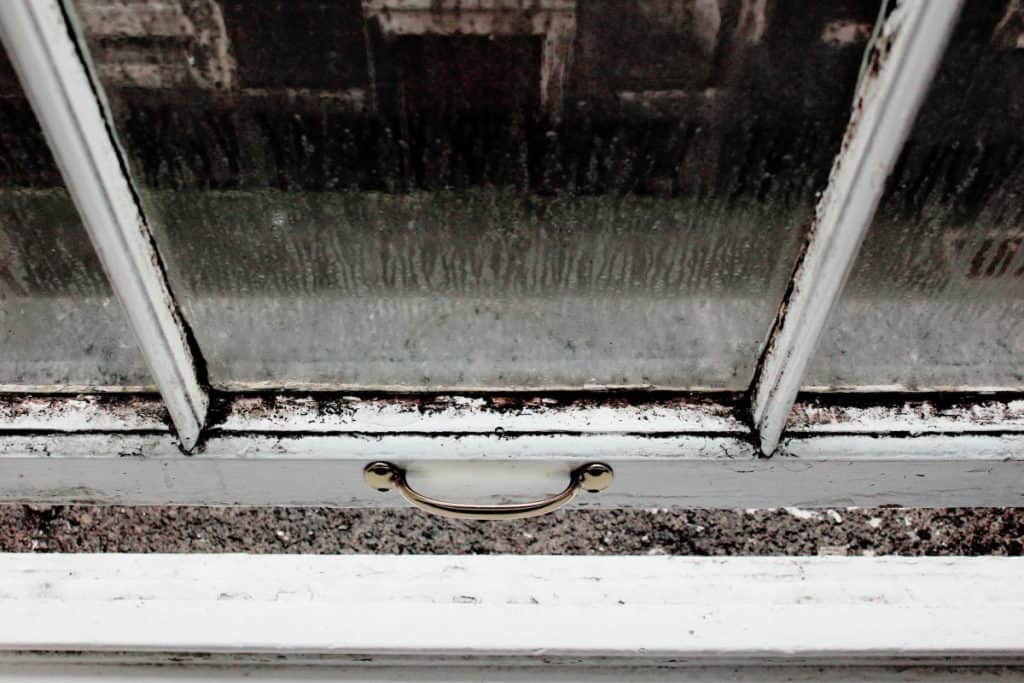
Condensation in your garage occurs when moisture in the air makes contact with the cold garage floor leading to water droplets. These droplets accumulate with time and the floor becomes wet. This is a potentially serious problem than most homeowners presume.
During the rainy seasons when humidity is high and the room temperature is higher than that outside the building, condensation becomes a daily occurrence. As outlined, most garage floors experience adverse condensation during the Spring and Fall seasons. This is the time when the garage and its concrete floor is significantly cooler than the outside environs.
In this article, we discussed why insulating your garage is a good idea and one of the obvious advantages was to keep down the heating costs. This time, we’re going to narrow it down to the use of an insulation product with a built-in vapor barrier as a way to mitigate the effects of garage condensation.
While vapor barriers can help keep condensation under control, the use of a ceiling vapor barrier is a bad idea. The latter will keep water vapor trapped inside the garage- and you probably don’t want this to happen.
Roof runoff leaking through the foundation
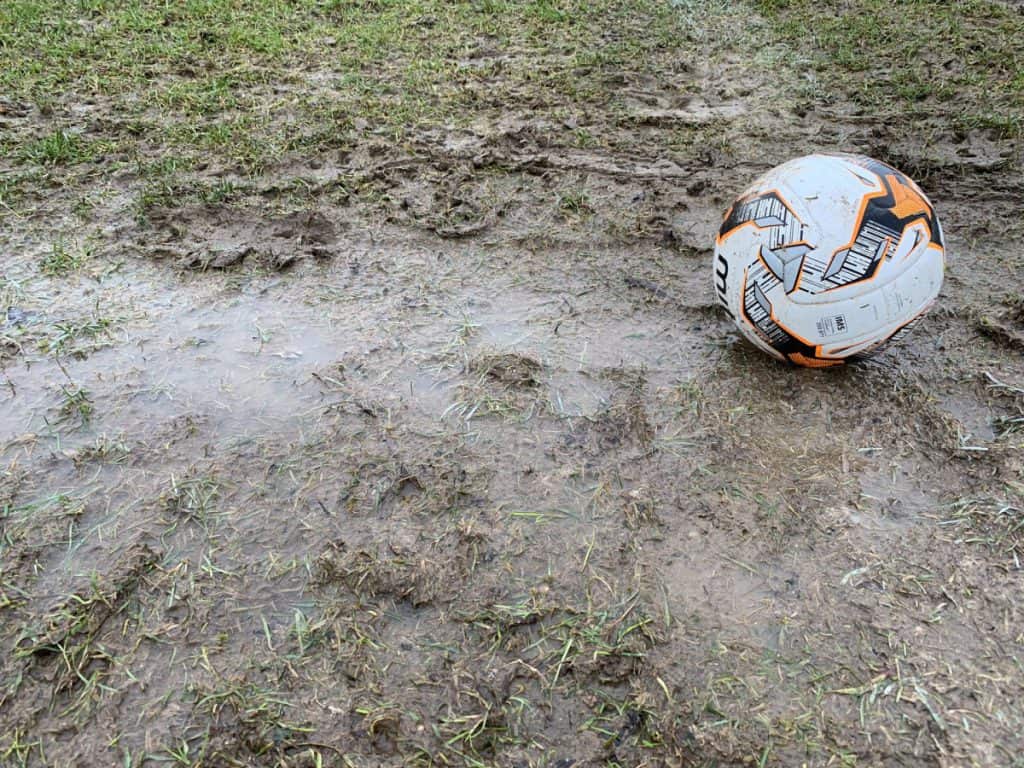
This is often the problem with most garages with a poor drainage system around the building. A buildup of water from roof runoff, wall runoff, or even gutter downspouts can easily leak through the foundation. If the landscaping outside your home is lacking in drainage, make an effort of directing the outside water away from the building.
Where possible, the gutters should be piped away from the house and if the soil around the building is loose and porous; proper compaction would help.
Poor Ventilation
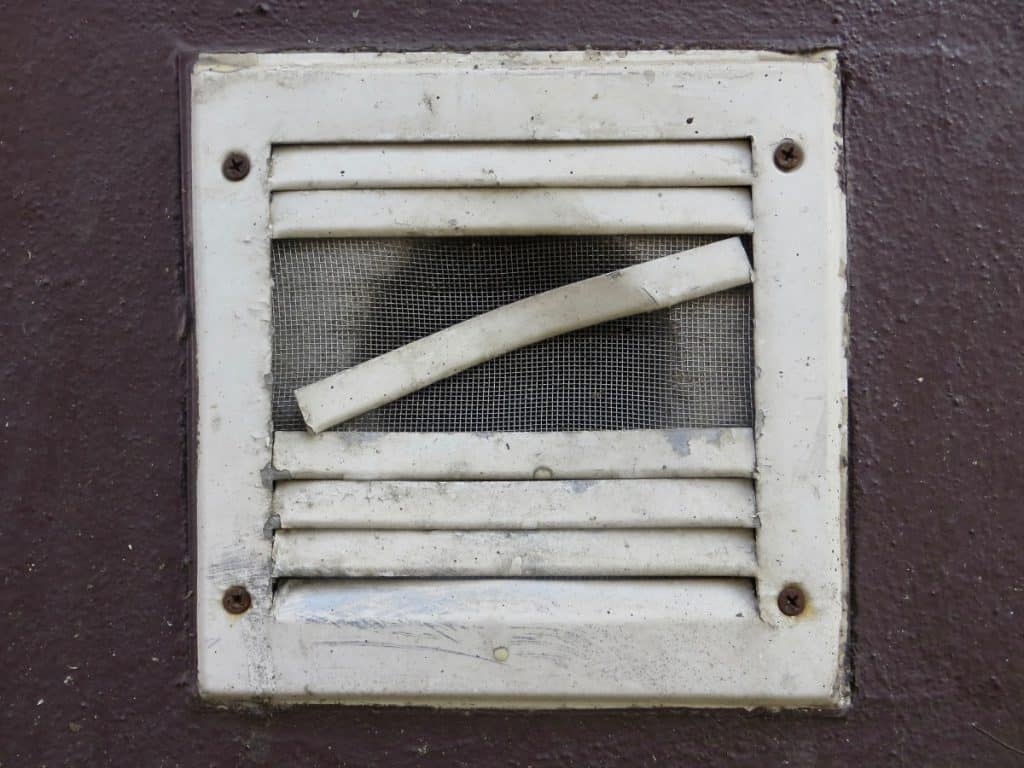
Ventilating a garage space may be deemed unnecessary by some homeowners, however, here is a reason we think it’s necessary. According to statistics, 90% of homeowners use their garage for storage, 84 % percent use it for keeping their vehicles, 25% percent for vehicle maintenance, and a whopping 50% use their garage as a workspace.
From the above figures, it’s clear that a garage would serve more than two purposes at a go in most American Households.
When high humidity levels are backed by poor ventilation, condensation worsens. Apart from the resulting wet floors; tools, cabinets, and vehicles begin to rust, and as if that’s not enough, the damp environment poses a health risk to the person working inside the garage.
Running electric appliances in a cold garage that’s poorly ventilated, also create excessive moisture in the air. This increases the rate of condensation.
Proper garage ventilation both in the roof and on the walls is necessary to maintain a balance between the air inside your garage and the air outside the building. Common ventilation systems such as the turbine roof vents need to be cleaned and serviced regularly for efficient airflow.
Water Seeping Up Through the Concrete
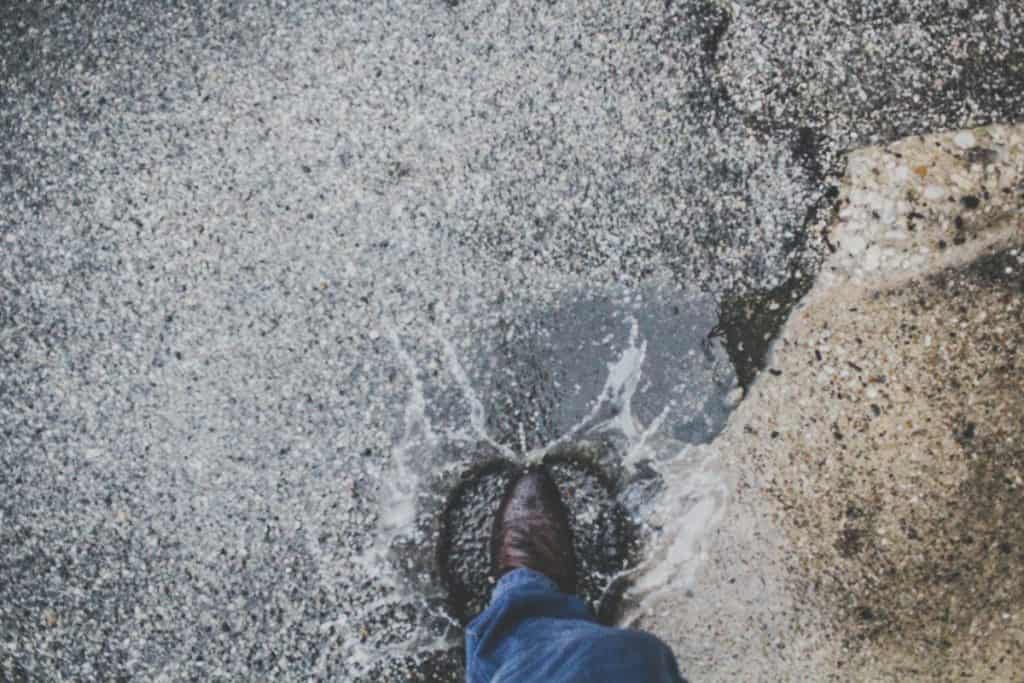
Sometimes the problem isn’t the roof or the drainage outside your home, but the concrete right underneath your garage floor.
Most homes, especially during the rainy seasons ( when the water level has risen) have groundwater right below the building’s foundation. This usually isn’t a problem until that water finds some mysterious paths to seep through right to the floor surface.
While this occurrence is often rare, it’s not uncommon. Considering that the right damp-proofing material was used, water seeping into the interior shouldn’t be a problem. This is, however, not the case for older homes where the floor or foundation concrete has seen better days.
A solution to concrete seeping water through the slab either due to cracks or porous floor material will depend on several issues, one being the level of damage. Some quick fixes such as applying bitumen, using fiberglass or polyester resin might work for the short term but they aren’t quite efficient.
Getting rid of that water source is probably the best solution but again, this is so unrealistic. If all the quick fixes fail, you’ll probably need some professional help.
Leaks in siding
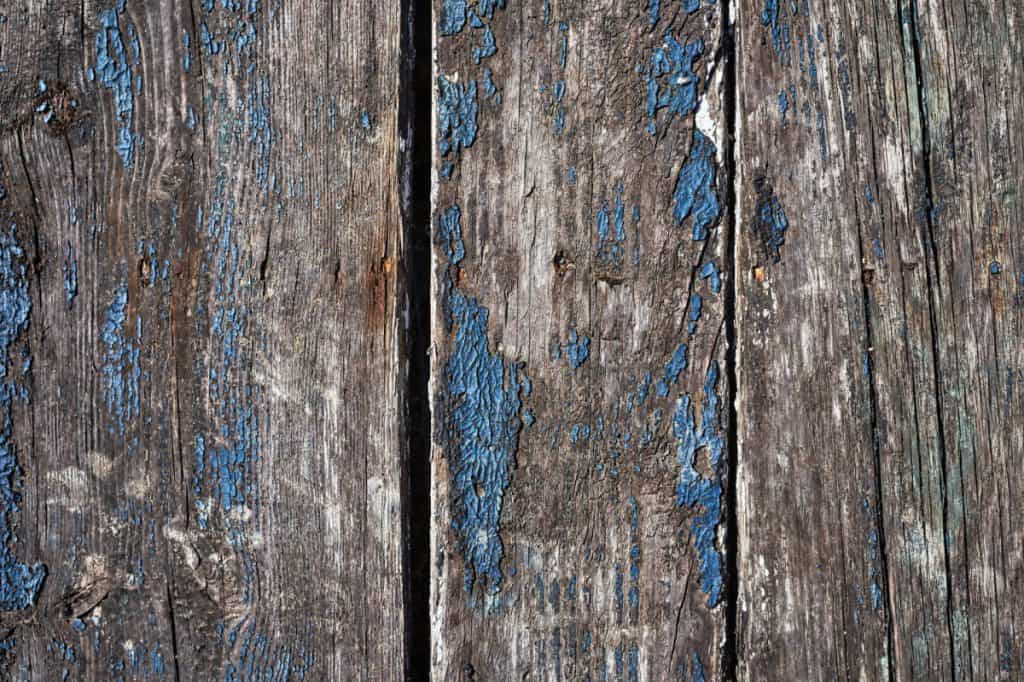
There are several types of exterior siding systems which include; vinyl, fiber cement, wood, synthetic stone, brick, and stucco. All these building materials are tough and durable; but unfortunately, none of them is waterproof.
A leaking siding is one of the most overlooked probable causes of moisture on your garage floor. Water doesn’t have to be coming up from the floor and it doesn’t have to be condensation every time. A small leak on the siding can be a headache to trace, and finding it is the necessary evil. Unless you track down that leak, no matter how negligible it seems, the problem will keep knocking.
At times, the leak is due to a poorly flashed or sealed area on the siding around a door or window. To avoid this, it’s necessary to flash and seal the window before installing your preferred siding and J-channel.
Just to be sure, inspect around the window area for potential leaks and if there are any, scheduled for a partial renovation.
Garage Foundation
A garage foundation plays a critical role in the integrity of the building. Unfortunately, some homeowners don’t know the structure of their garage foundation and this can be a costly loophole. Local building codes often dictate the garage foundation basics depending on the region and the garage plans.
Maybe you bought your home during the great depression and you went for the price tag without honoring the inspection process. Well, ending up with a sub-standard garage could be the hidden cost. If your garage is an addition/extension to the main building, you would want to confirm that all the local area building codes were adhered to.
In several parts of the country, a garage foundation should be made of a poured concrete wall or concrete blocks. The use of foundation sealers is also one of the requirements. Sill sealers, for instance, are an adhesive foam application that acts as a waterproof barrier and prevents the foundation from cracking. Some, however, defy these codes and end up using wood foundations.
To resolve this issue, follow up on the construction history of the garage with your previous home seller. This could help in solving the mystery of your garage floor getting wet when it rains. If a wood foundation was used, that’s now leaking water up the top concrete slab, a professional inspection and advice are highly recommended.
Take Time and Watch
You could have water on your garage floor when it rains, and all you do is point a finger on the foundation or maybe the garage siding, but you fail to look around. Sometimes the water has been brought in by your cars or even direct rainfall leaking through the joints between the sides frame and the garage door. To solve the latter, you need to weather-strip your garage door- especially on the bottom corners.
Another problem to look out for is if the slab slopes the wrong way from the front door of your garage. The slab should slope such that it drains any splashing water away from the building. A solution to this is grinding the concrete around the door area and re-sloping it so that water can follow away from the door.
Conclusion
You may have been surprised by the possible causes of a wet garage floor and you’re probably thinking where you gonna start from. The key here is to track down the cause and find a long-lasting solution. By implementing one or more of the solutions we’ve stated above, you can significantly reduce or even stop the problem completely.
If the problem is with the garage foundation, you might be forced to consider a renovation that won’t affect the entire building. This is where a good flooring option comes in. Feel free to explore some of the flooring options we’ve highlighted here.
As a final reminder, it’s necessary to keep track of how frequently you find water on your garage floor after the rains. Also, take time to pinpoint the exact spots on the floor that have accumulated more water. You can use a paint marker or any marker that won’t dissolve in water.
I hope you enjoyed reading this article, if you found it useful then share it with other people!
It really motivates us to keep writing!
Steve
P.S.
If you’re interested in reading more about garages and smart home tech checkout some of the other houshia categories including:

